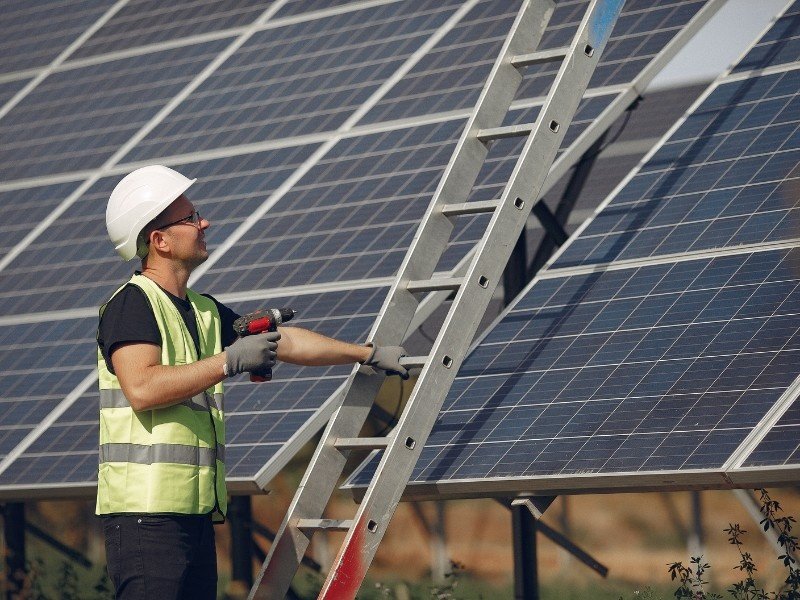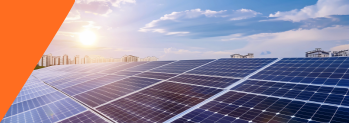Installing solar panels is a significant step towards reducing your electricity bills and embracing renewable energy. However, to ensure your system operates at its best, you must follow some key solar panel installation tips. Here is how you can optimise solar energy production and maximise photovoltaic (PV) efficiency:
- Choose the Right Location for Installation
2. Regular Cleaning and Maintenance
3. Optimise the Angle and Tilt of Panels
4. Invest in Quality Solar Panels
5. Ensure Proper System Design and Sizing
6. Monitor Your Solar Power System
Regular monitoring of your solar power system can help you detect and address any issues promptly.






